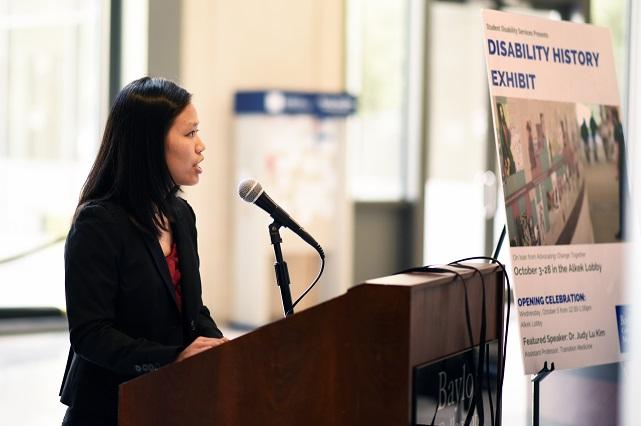
The Transition Medicine Clinic at Baylor College of Medicine trains a variety of healthcare learners each year in the transition from pediatric to adult healthcare and the provision of high-quality patient-centered care for adults with intellectual and/or developmental disabilities (IDD). As more individuals with IDD age, we must train the next generation of healthcare learners so that all people can receive great healthcare throughout their lifespan. We currently provide training to medical students, residents, fellows, PA students, nursing students, social work students, medical assistant students, and LEND fellows. We are fortunate to have multiple community partners that greatly enhance our training! Below is a sample of some of the curriculum/educational materials that we currently offer:
Other Educational Materials
Problem-Based Learning Cases
We have created three different cases that can be reviewed in small groups of interprofessional learners. Each case is focused on a different aspect of caring for individuals with intellectual and developmental disabilities in an outpatient clinic setting. Included are facilitator guides and student copies for each case.
- Behavior in IDD Case IPE Facilitator Guide
- Behavior in IDD Case IPE Student Copy
- Decision Making Case IPE Facilitator Guide
- Decision Making Case IPE Student Copy
- Medical Complexity Case IPE Facilitator Guide
- Medical Complexity Case IPE Student Copy
Shared Decision-Making Interactive Lectures
This is a lecture given to early clinical medical students which starts with brief background information on developmental disabilities, contains a group case discussion, and then moves into a small group activity. This small group activity can be conducted virtually with breakout rooms or in person. The small group activity focuses on shared decision making in a non-verbal patient with significant intellectual disability. Attached are roles for students. It allows them to practice shared-decision making, counseling regarding screening recommendations, and to think outside the box!
- Intro Information and Rubric
- Round 1 Patient
- Round 1 Physician
- Round 2 Patient
- Round 2 Physician
- Round 3 Patient
- Round 3 Physician
- Fam Med Communication IDD
Adaptive Communication and Intro to Disability
This video teaches learners about adaptive communication through the voices of individuals with lived experiences and their caregivers.
This interactive lecture explores basic concepts in disability, communication with patients with disabilities and mobility barriers.
Navigating Barriers for Patients with Disabilities
These lectures were used to teach a pre-clinical medical student elective focusing on navigating barriers during transition from pediatric to adult healthcare for patients with disabilities.








